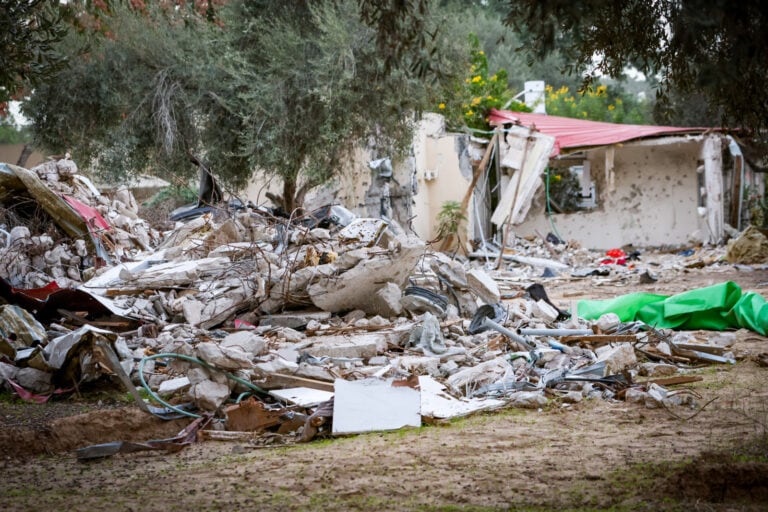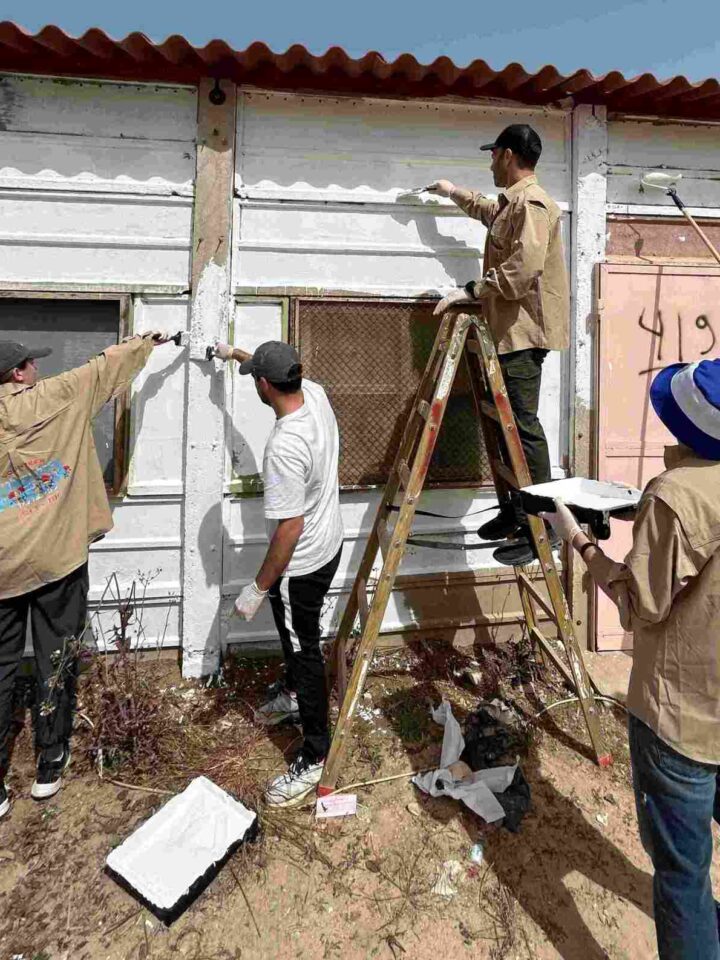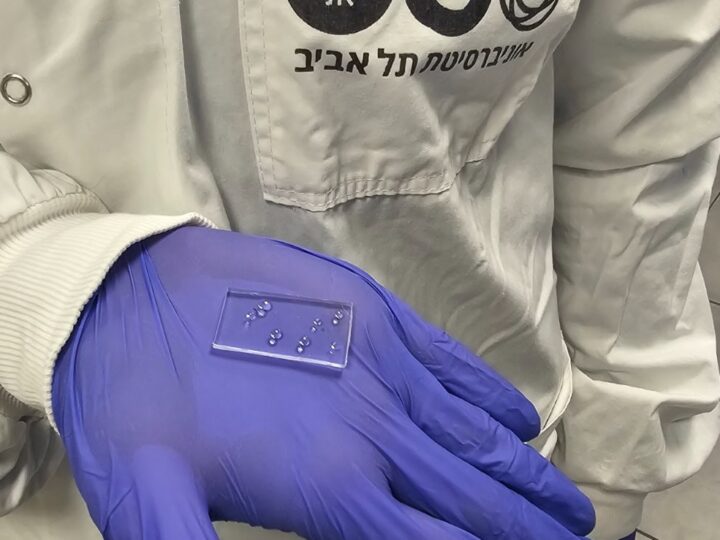Tech professionals from New York-based venture capital funds, startups and high tech companies recently spent a week in Israel, volunteering in the rehabilitation efforts at Kibbutz Re’im, which was ravaged by Hamas terrorists on October 7.
The Supernova music festival, where 364 civilians were killed and many more left wounded, took place at a parking lot in Re’im, just outside the kibbutz.
Among those who took part in the delegation were eight startup founders, product managers, R&D and business development managers from companies such as LinkedIn, Stripe, BlackRock and Meta-owned WhatsApp.
The delegation also included investors from TCG, Park Rangers Capital and DST Global.
The members of the delegation, mostly between the ages of 25 and 35, took time off from work to help the residents of the kibbutz with construction projects, including building structures from scratch.

The delegation was self-organized and partially supported by donors, including Eugene Fooksman, one of the first programmers at WhatsApp, who also joined the trip.
It came about after members of Kibbutz Re’im traveled to New York for a fundraising trip months earlier. The investors and tech executives who met the survivors of the Hamas attacks were so moved by the meeting that they decided to help with the rehabilitation efforts from up close.
The delegation also visited other Israeli communities that were impacted by the October 7 attacks, meeting with survivors, soldiers and family members of victims and hostages; as well as fund managers and thought leaders such as Yuval Ariav, founder and managing partner at Symbol, Noam Bardin, former CEO of Waze, and Eyal Naveh from Brothers in Arms.
Ryan Daniels, founder of AI platform A.Team and the man who initiated the delegation, called the visit “one of the most important things I’ve done in my life.”
“Usually, Israelis are considered to be bold — with chutzpah — but here I felt the exact opposite. As people who came from the outside, we had a kind of naivete that managed to bring some positivity and hope to people who have been understandably traumatized since October 7,” he said. “For the first time, some of the residents chose to return to sleep in their homes, following months when they came to the kibbutz for only a few hours at a time.”
Daniels added that as a result of the visit, some members of the delegation have expressed interest in immigrating to Israel, while others have started learning Hebrew.
“I really feel that the delegation received much more than we gave,” he said. “We intend to maintain this relationship with our friends in Re’im until the full recovery of the kibbutz.”

















